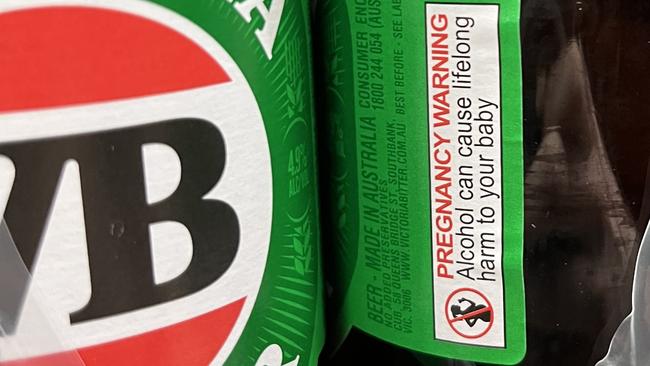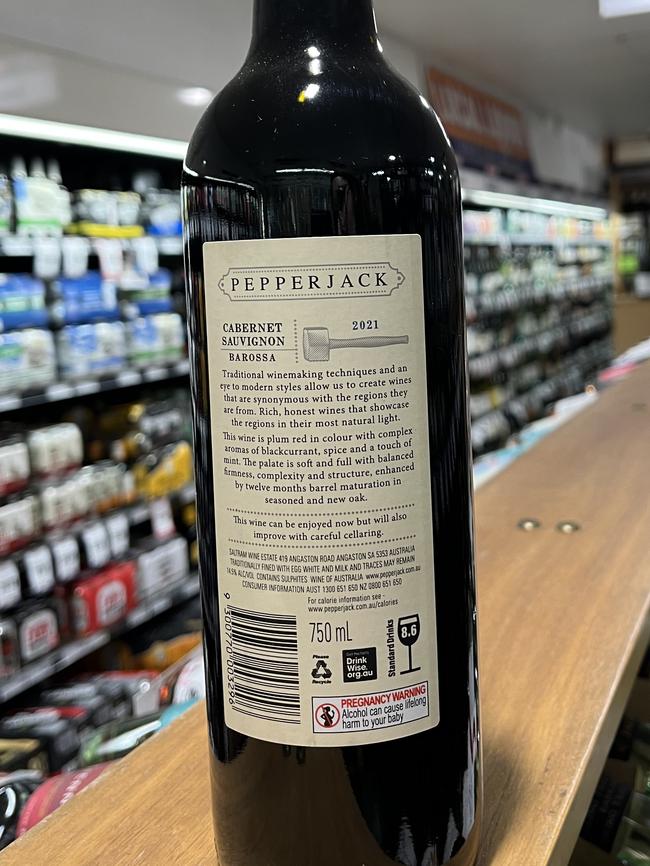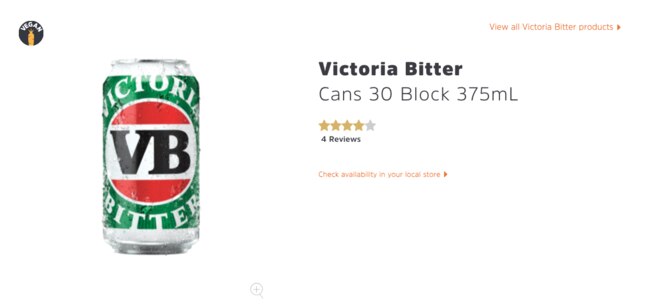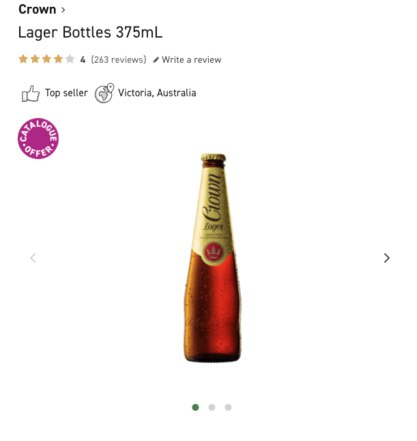Push for pregnancy alcohol warnings in online stores
Mandatory pregnancy warnings should apply to online storefronts selling alcohol, health bodies insist, as new research shows the labels are proving effective.

Alcohol retailers like BWS and Liquorland are not required to show new mandatory pregnancy warnings on alcoholic products in their online stores, despite an increasing number of sales coming from digital storefronts.
Physical alcoholic products sold in Australia and New Zealand will be required by law to display a visible red and white “Pregnancy Warning” label on their packaging from July 31, after changes were made to the Food Standards Code in 2020.
Alcohol manufacturers were given three years’ notice they would need to make the changes to their labels, and the bright and clear warnings are proving effective, according to new data.

Alcohol harm minimisation organisations are now calling for the new labels to be applied to all alcoholic products sold online, given that many beverages for sale from the biggest alcohol retailers, including BWS, Dan Murphys and Liquorland, are not showing any alcohol health warnings or displaying older labels.
“We need to make sure that these (new) labels are visible in online retail environments because the number of people being sold alcohol online is only going to increase,” Foundation for Alcohol Research and Education chief executive Caterina Giorgi said.
To enforce this, Food Standards Australia and New Zealand and the Food Ministers Forum of state and territory ministers would need to amend the Food Standards Code again to include online stores.

“They have no obligation to show the warnings at the moment … and we know when it comes to alcohol companies, unless a standard is set they are not going to introduce it,” Ms Giorgi said.
“When there was a voluntary label, less than half of products included it.
“You have to really be searching for pregnancy warnings to find one online.”

The push comes as new data reveals that the mandatory pregnancy warnings are proving effective.
In a survey commissioned by FARE and conducted in June, 56 per cent of people reported seeing the pregnancy health warnings on alcoholic products.
Among 18 to 41 year-olds, it was more than 70 per cent.
A FARE poll from 2020, when labels were voluntary and designed by alcohol companies, showed just 31 per cent of people noticed a pregnancy health warning.
A spokesperson for Endeavour Group, which owns BWS and Dan Murphys, said the company would work with suppliers to update product label imagery online “as soon as practicable in accordance with suppliers’ ability to print new labels and in compliance with the Food Standards Code”.
The Food Standards states: “Alcoholic beverages packaged and labelled before the transition period ends can be sold after the transition period without a pregnancy warning label.”
The Endeavour spokesperson said they would add new information to their websites in relation to the mandatory pregnancy warning label requirements.
Coles Liquor spokesperson said they have been working closely with suppliers to meet the incoming requirements for pregnancy warning labels on alcoholic beverages set by the Australia New Zealand Food Standards Code.




To join the conversation, please log in. Don't have an account? Register
Join the conversation, you are commenting as Logout